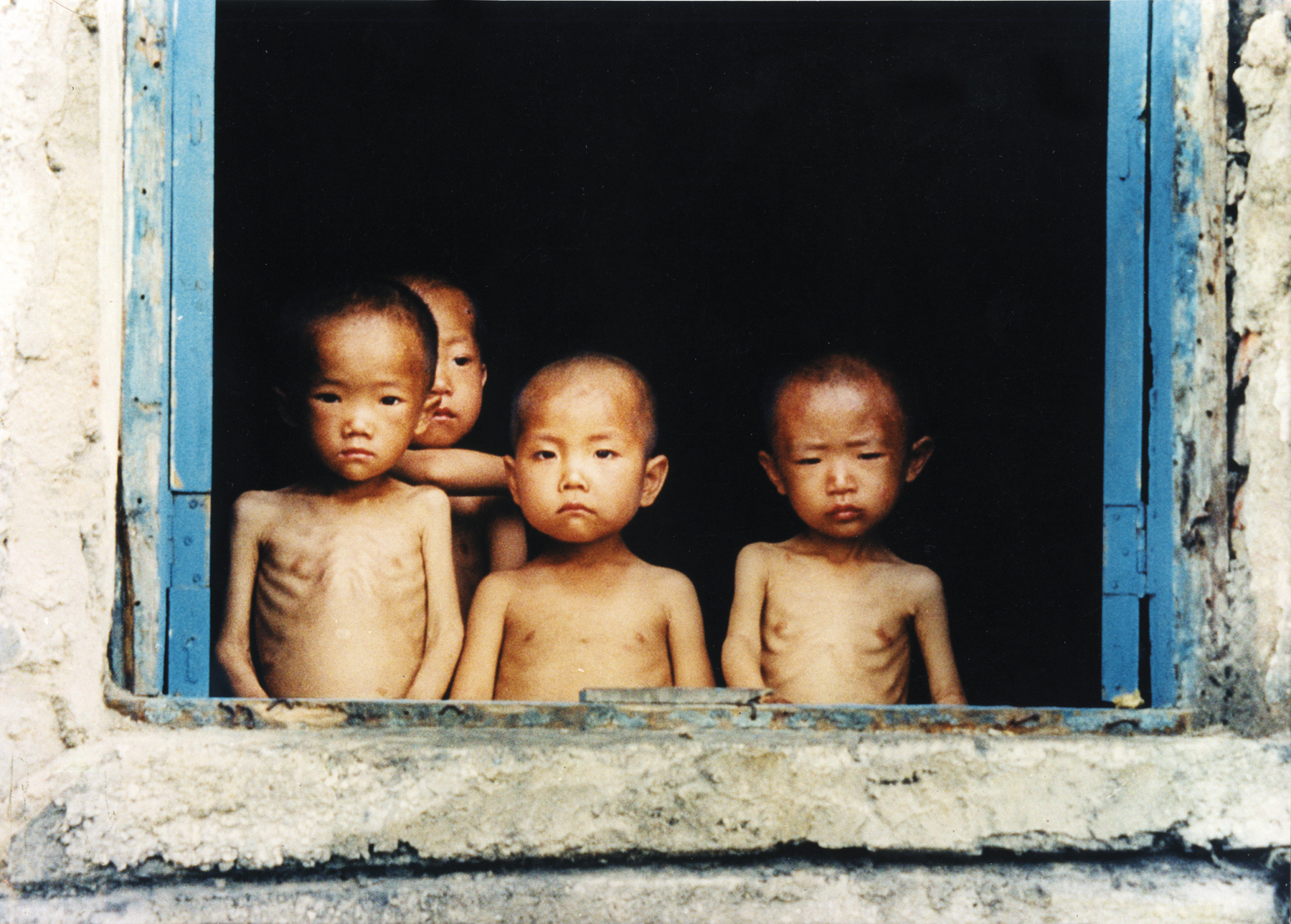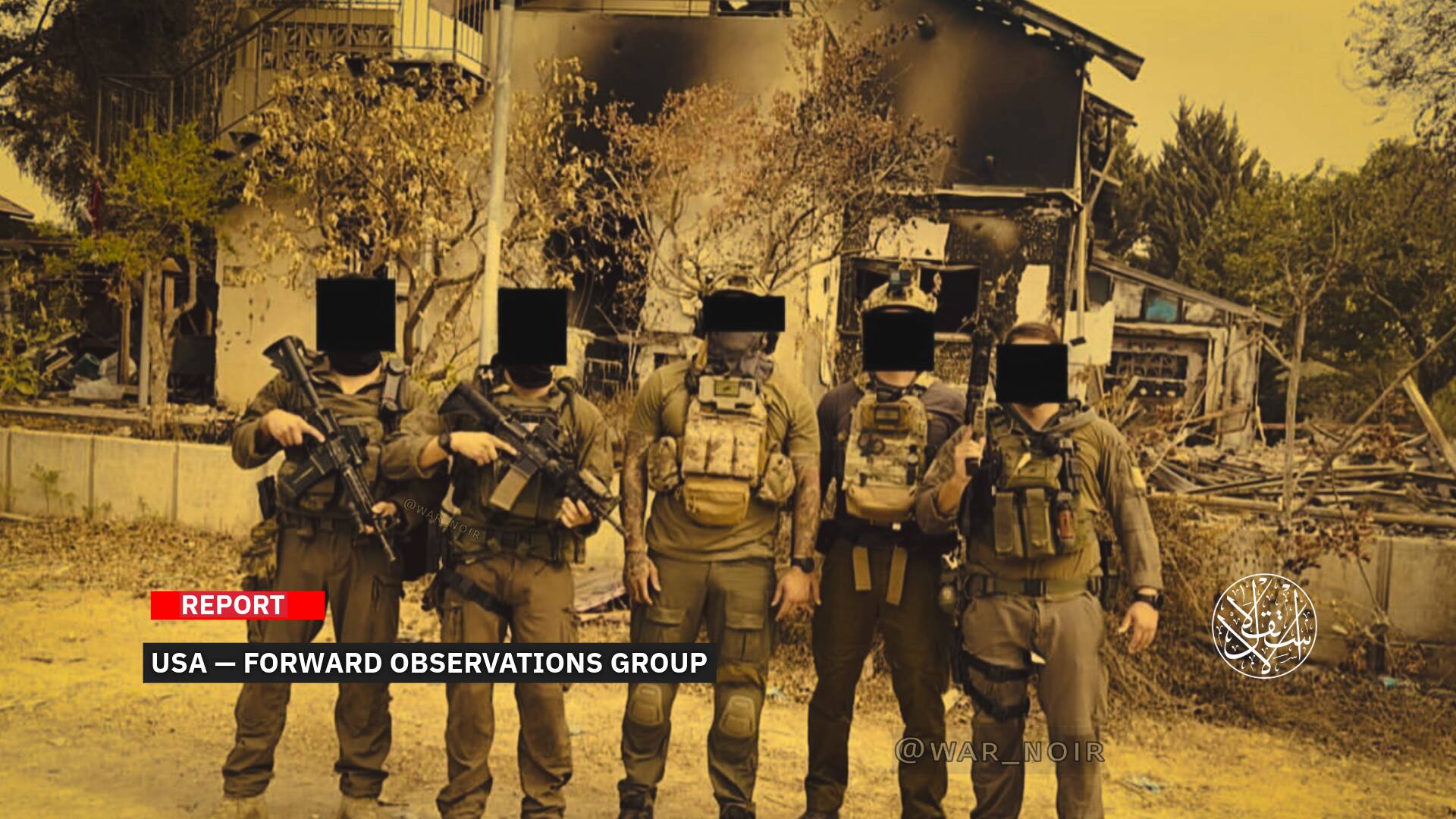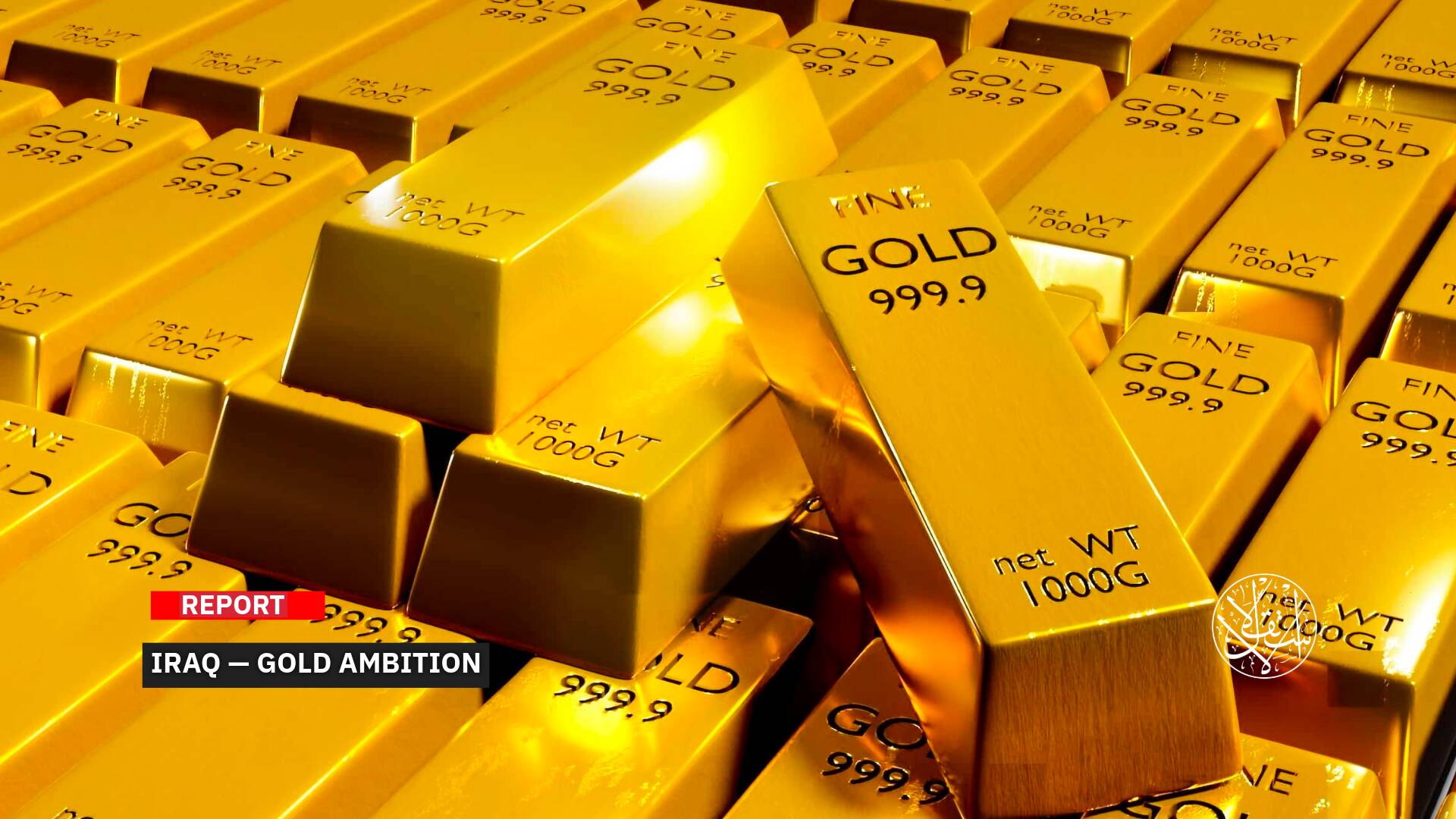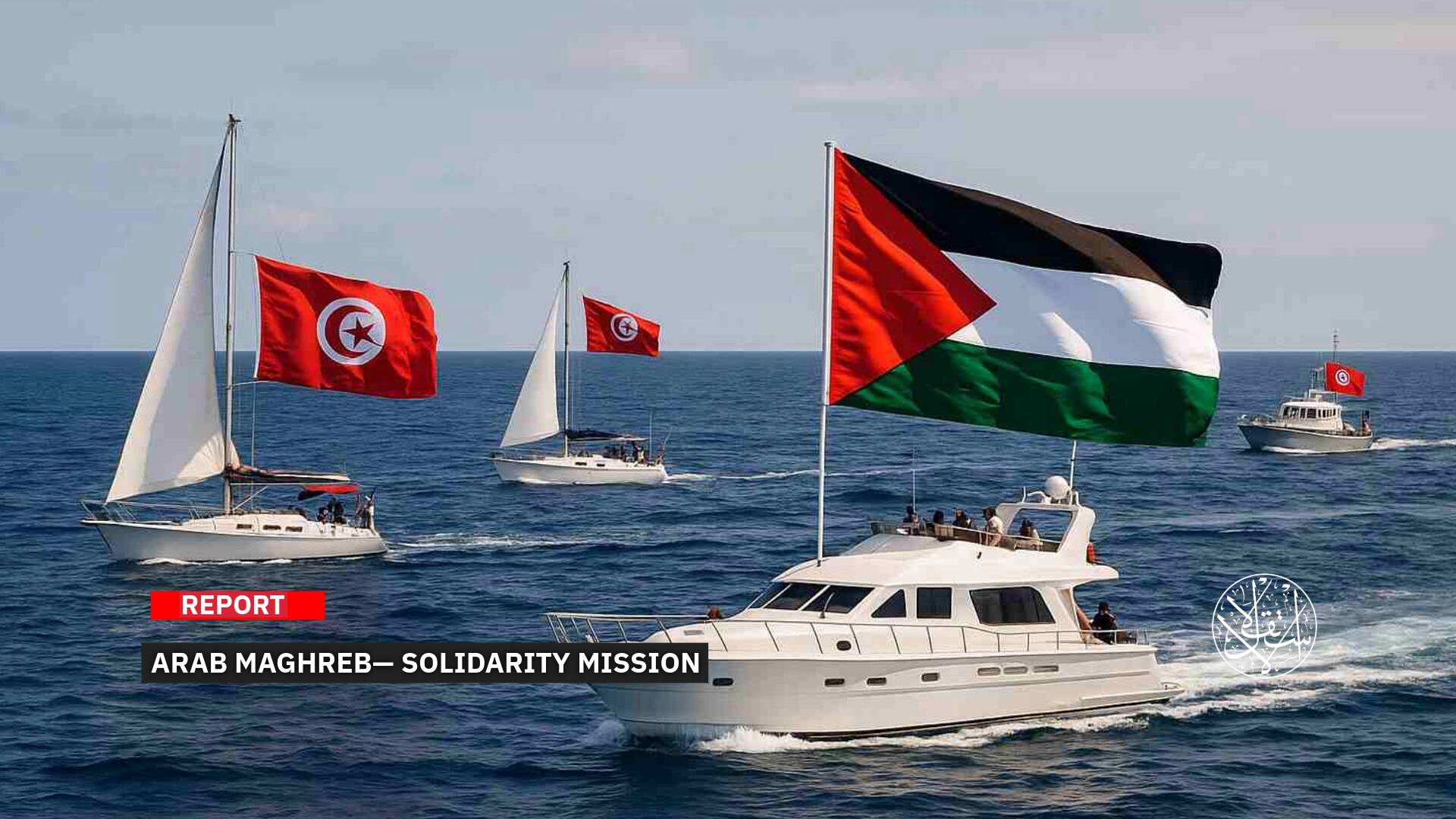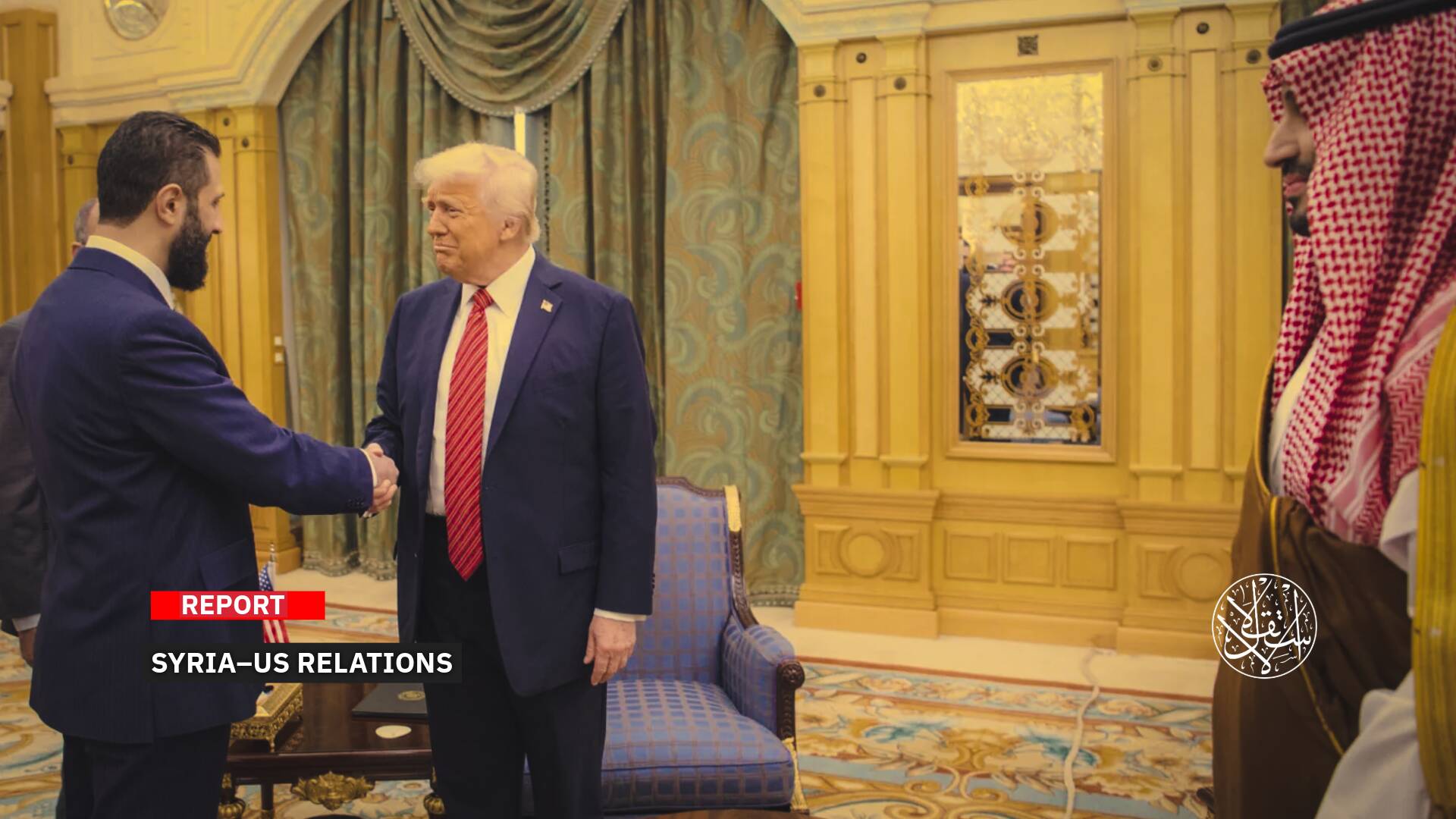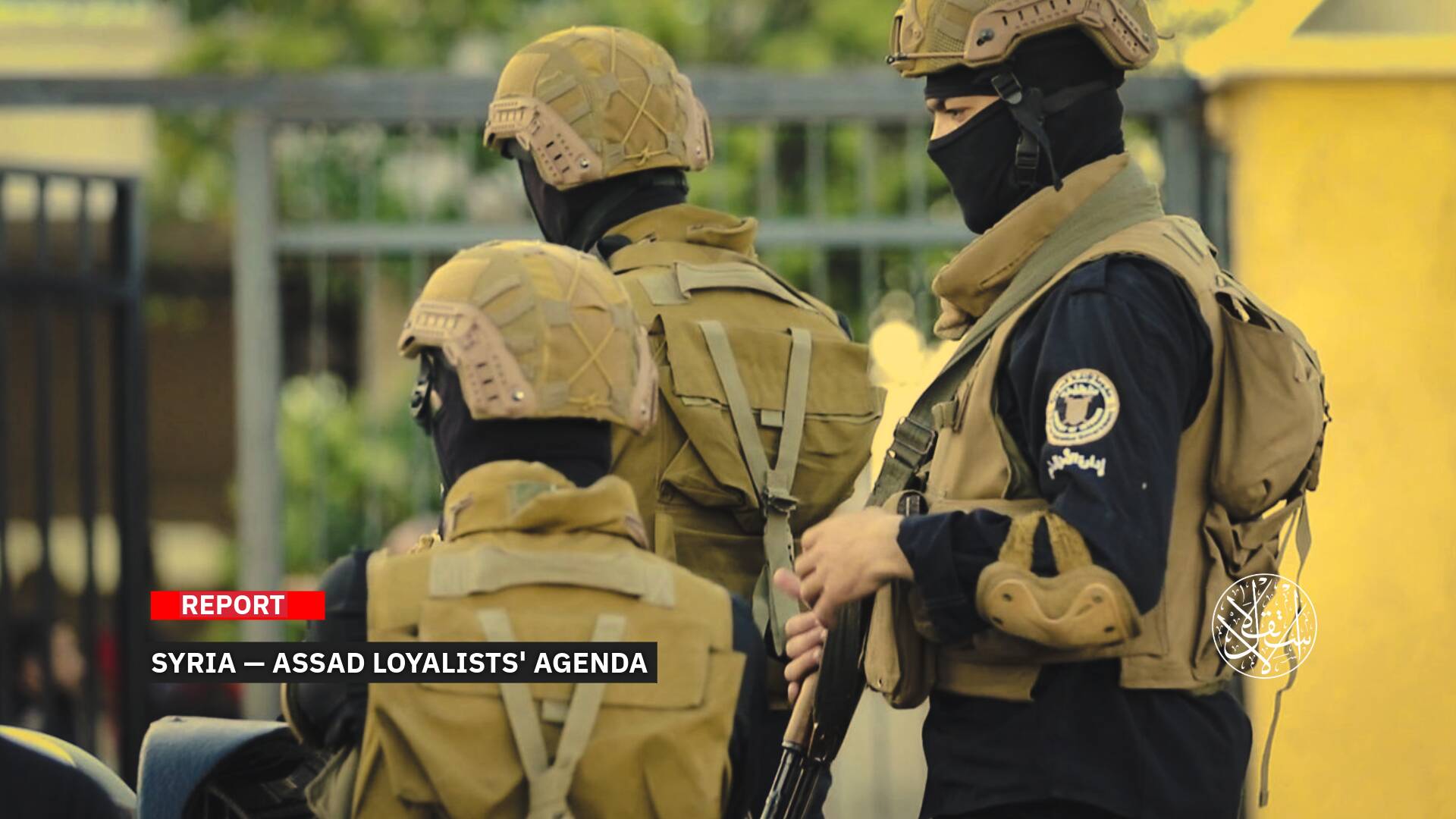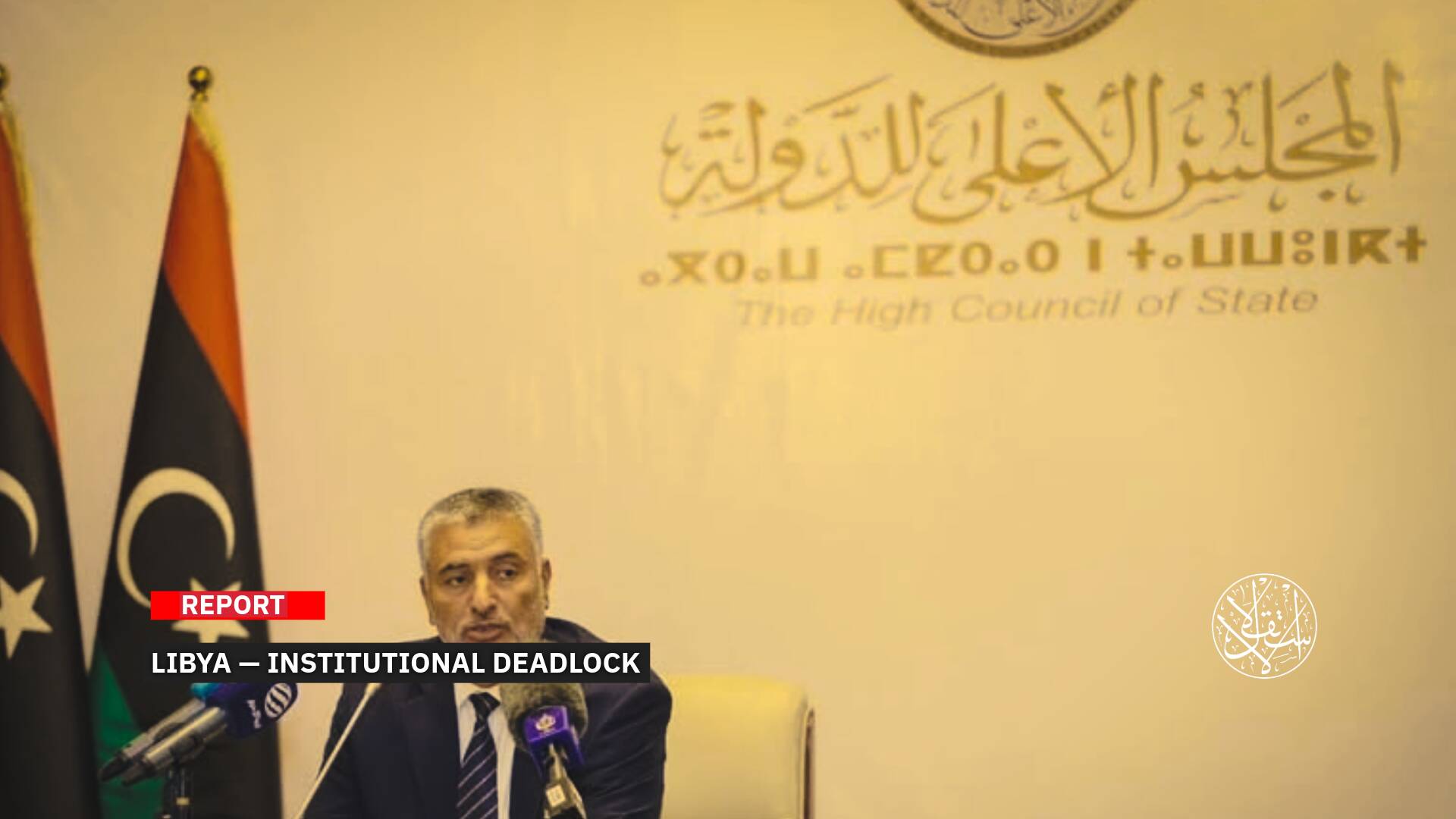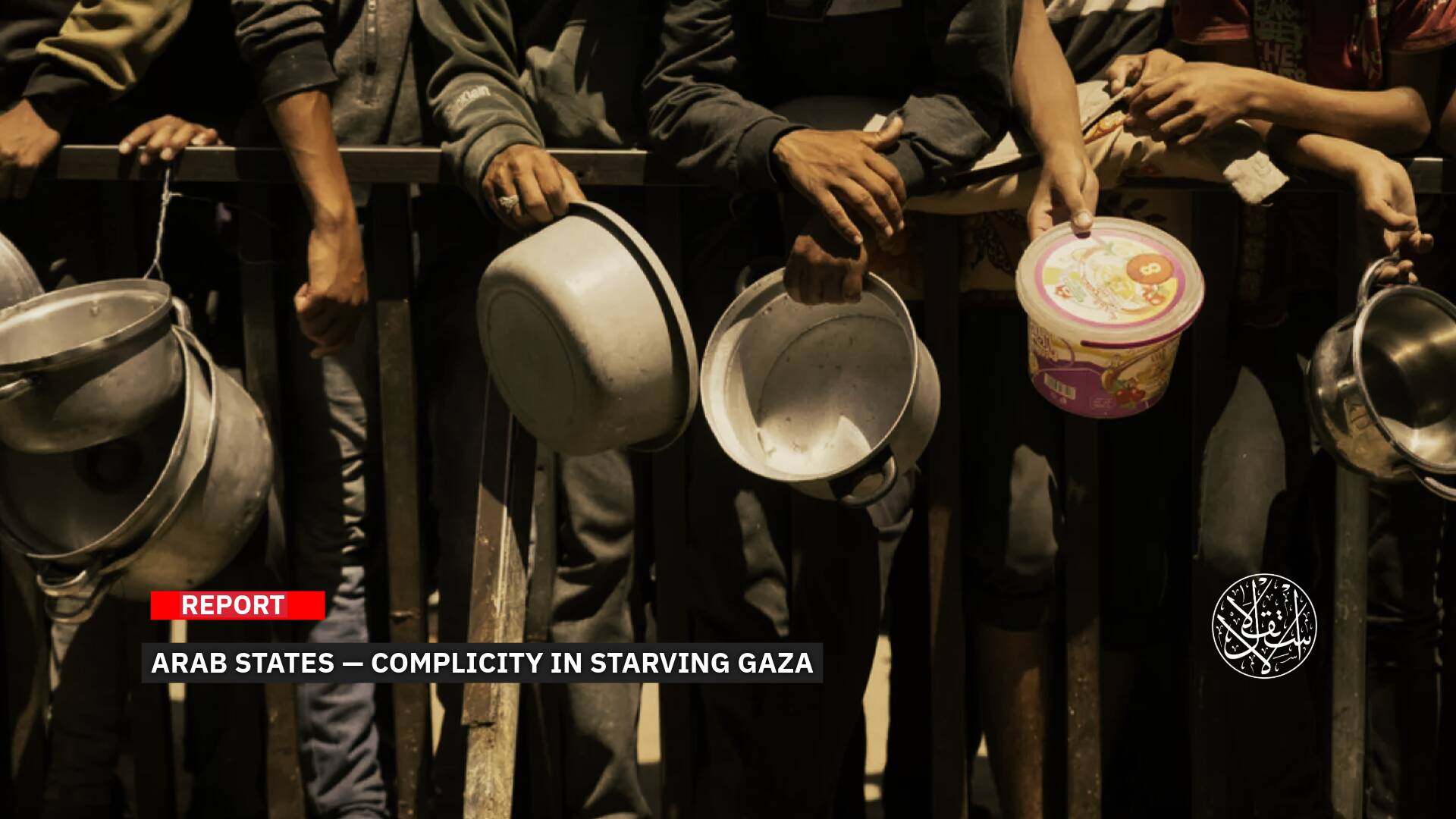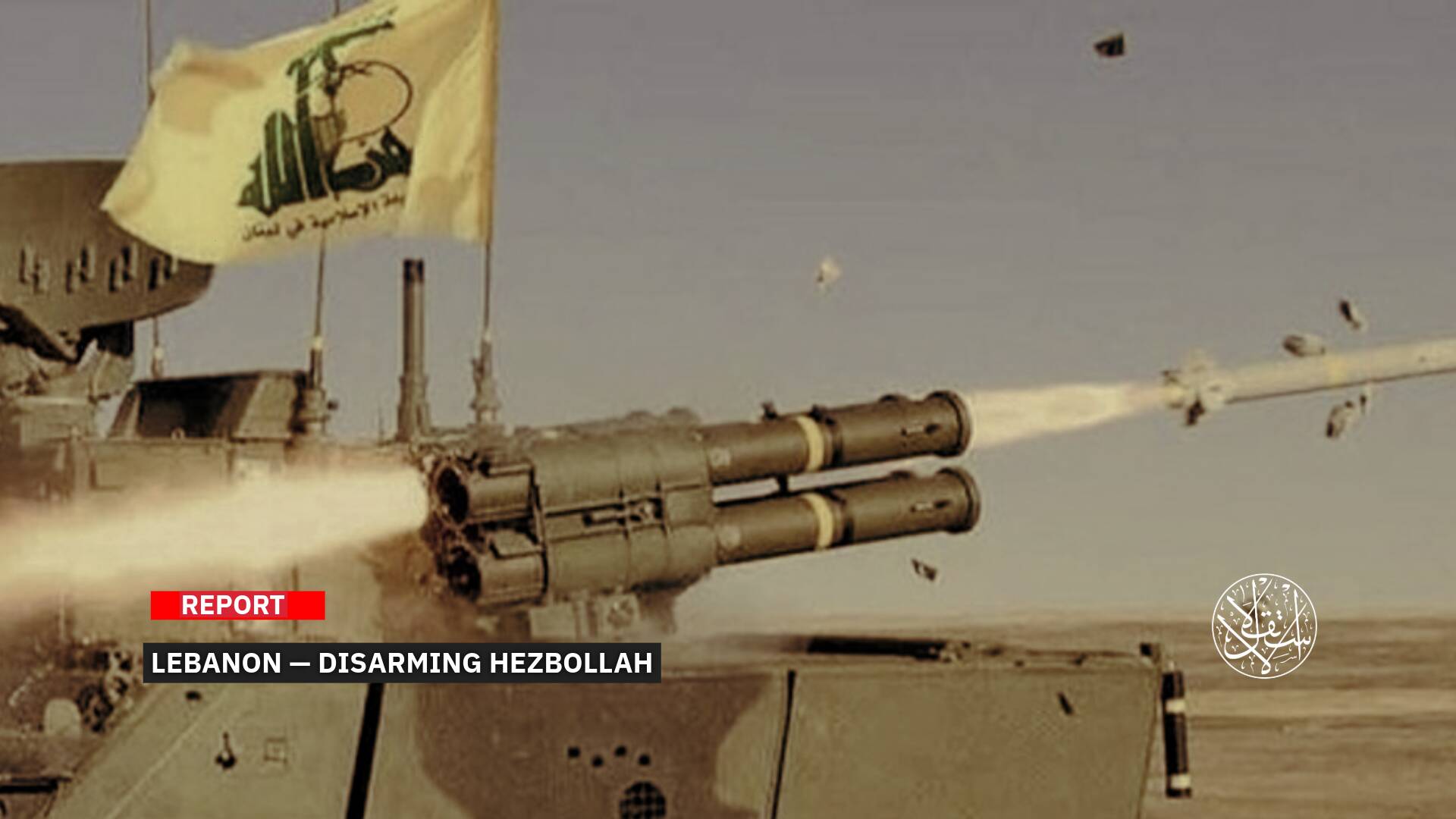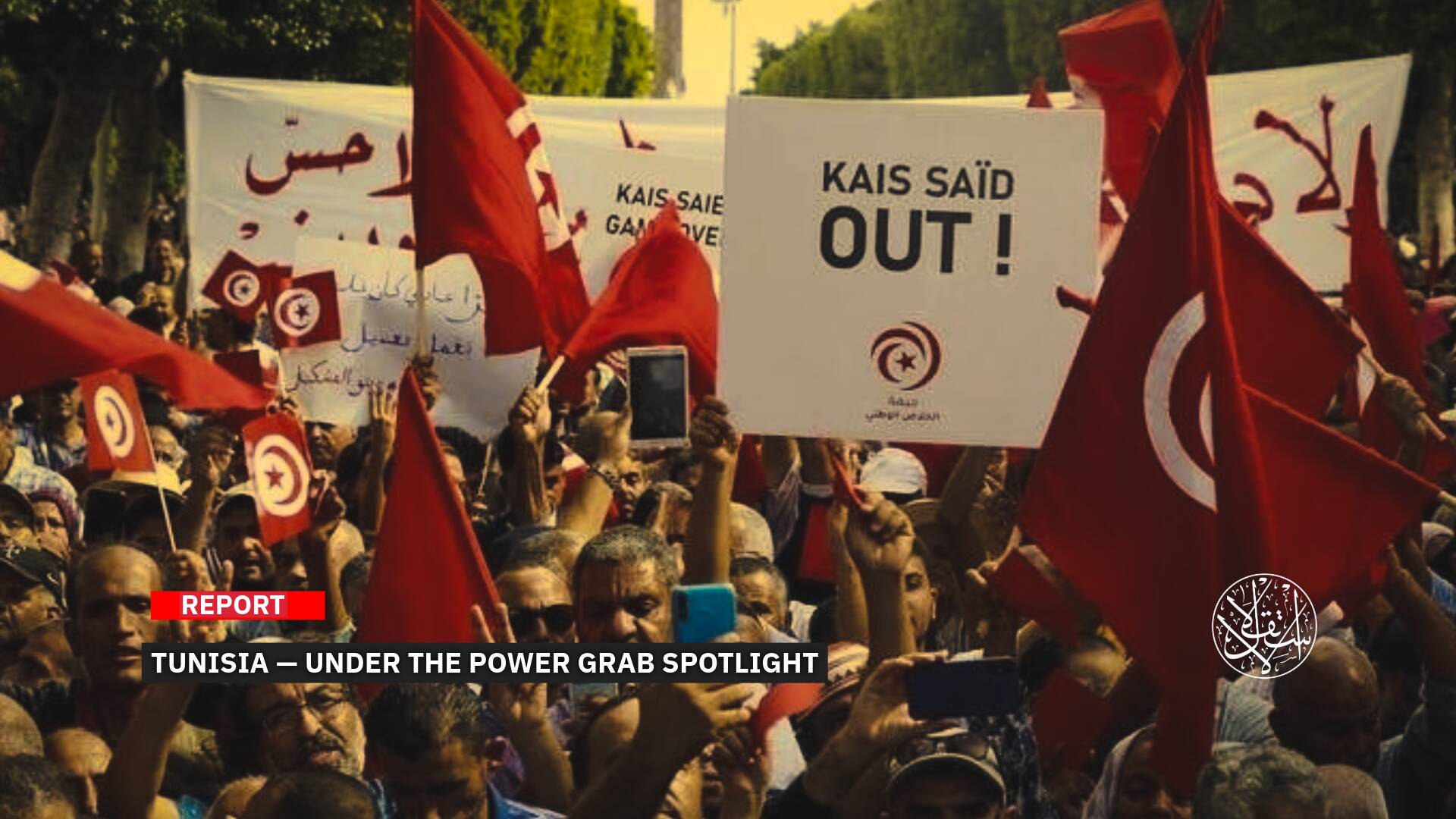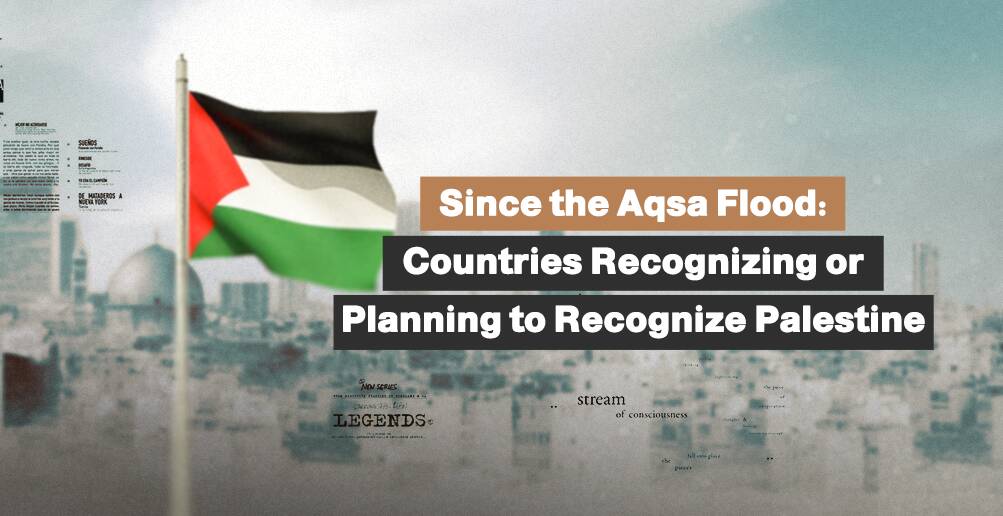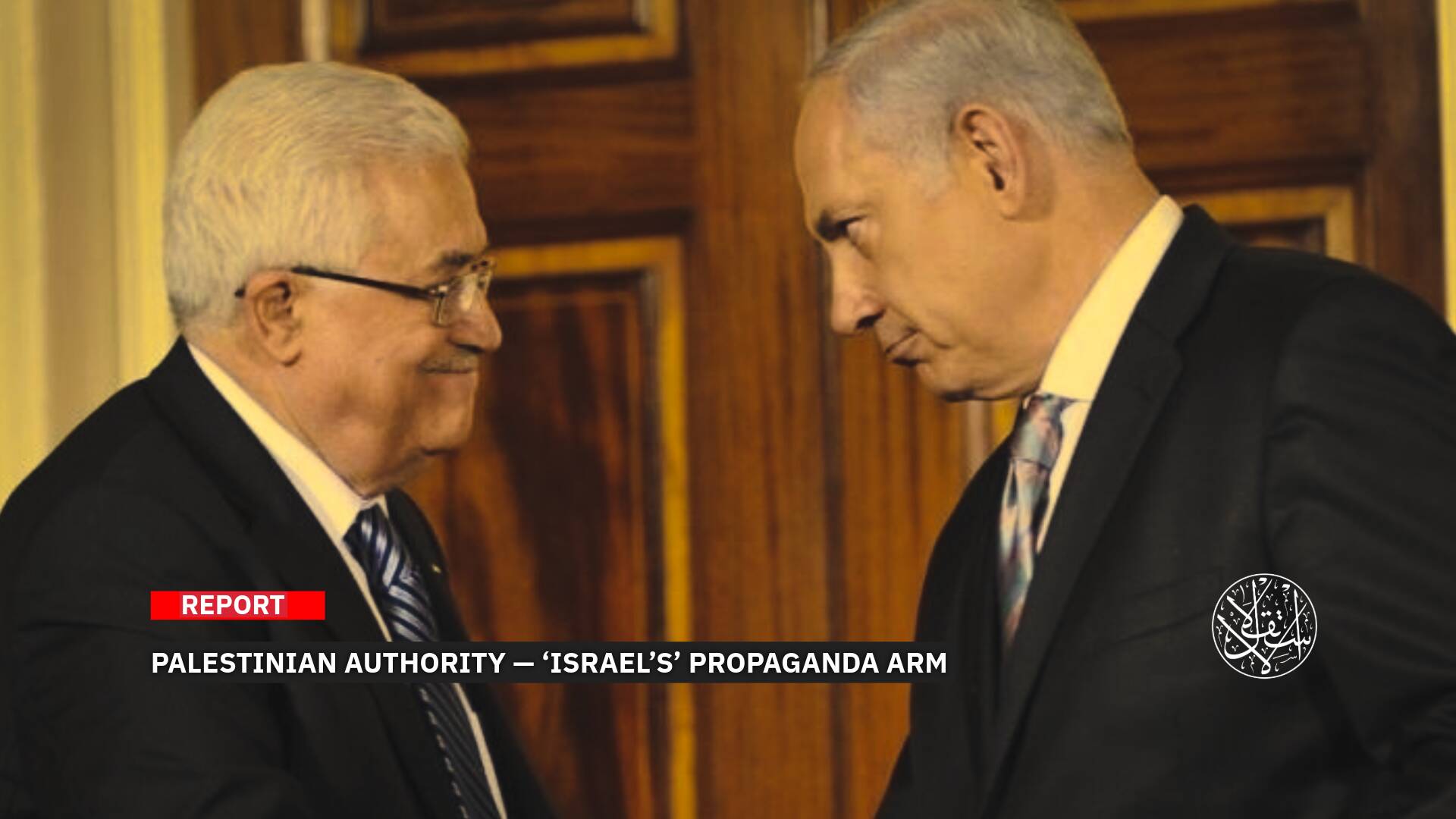Has Russia Become the Number One Buyer of Arms from North Korea?

Last week, the U.S. revealed that Moscow is seeking a new deal with North Korea to buy additional weapons in exchange for food to support its war in Ukraine, while Washington has identified the mediator between Russia and North Korea.
John Kirby, the U.S. National Security Council’s strategic communications coordinator, said the year-long war had forced Russia to turn to rogue regimes to try to acquire weapons and equipment to support its military operations in Ukraine, but Pyongyang denies the U.S. allegations.
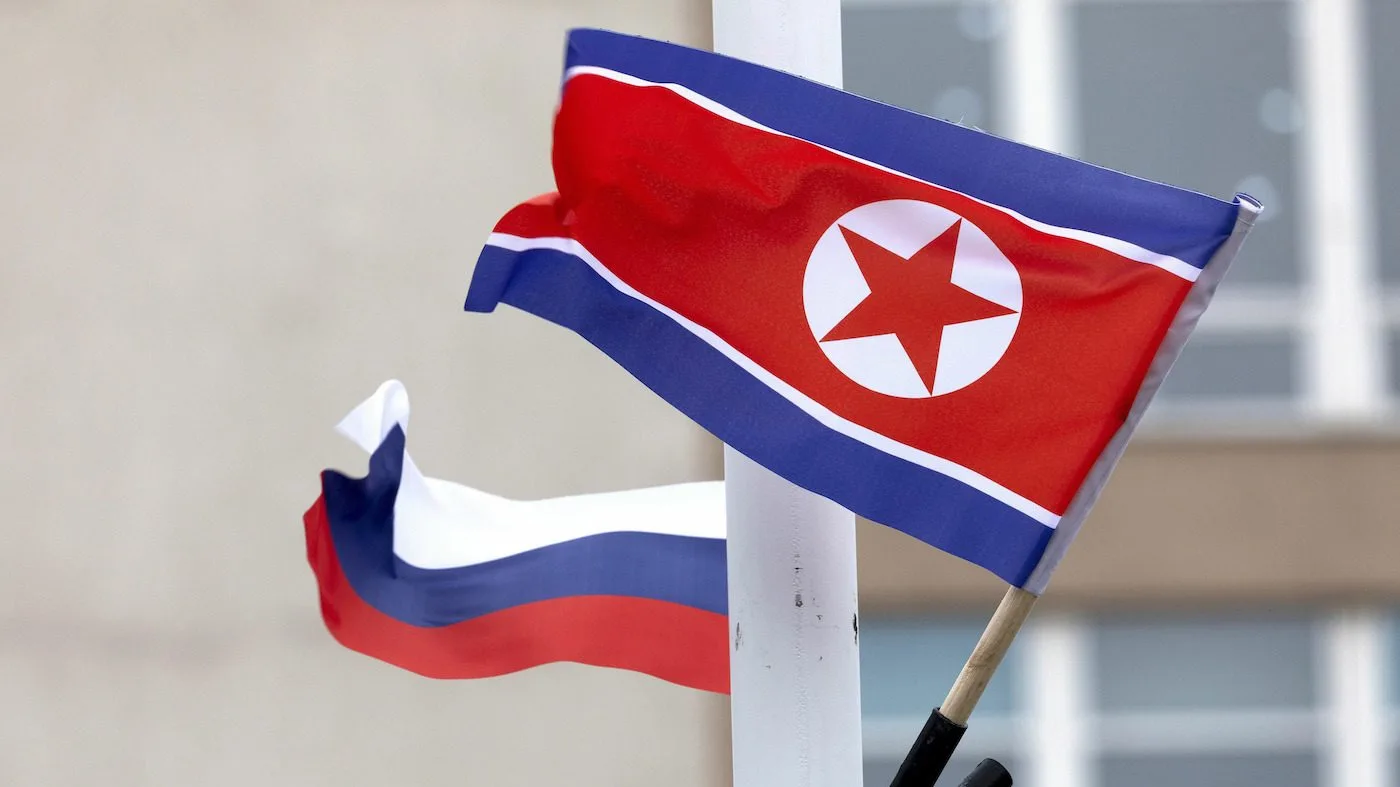
Slovak Mediation
Kirby told a news conference that this was partly due to the sweeping sanctions and export restrictions we had imposed.
He expressed concern about the possibility of North Korea providing more support for Russian military operations against Ukraine.
Kirby revealed for the first time the identity of a middleman who has been facilitating North Korean arms deals with Russia.
He said that Ashot Mkrtychev, a 56-year-old Armenian of Bratislava, had worked on arms sales and barters with North Korea for years.
The Treasury Department announced on Monday that it was imposing economic sanctions on Mkrtychev, accusing him of negotiating with senior Russian officials and confirming “Russia’s readiness to receive military equipment from North Korea.”
Kirby said that if Russia’s purchase of weapons from North Korea succeeded, it would be the second such deal in recent months.
He cited American intelligence reports that indicated a first shipment last September, which included millions of artillery shells and missiles from North Korea destined for the Wagner Group, a private military company linked to the Kremlin.
Mkrtychev sought to broker a deal with North Korea to supply Russia with more than 20 types of weapons and ammunition, according to a statement from the Treasury Department.
The deal, which has not been completed, would also involve sending commercial aircraft, food, and raw materials to the isolated regime in Pyongyang.
Russia had lost over 9,000 pieces of heavy military equipment since the start of the war, and multilateral sanctions and export controls had forced President Vladimir Putin to turn to “suppliers of last resort” like Iran and North Korea.
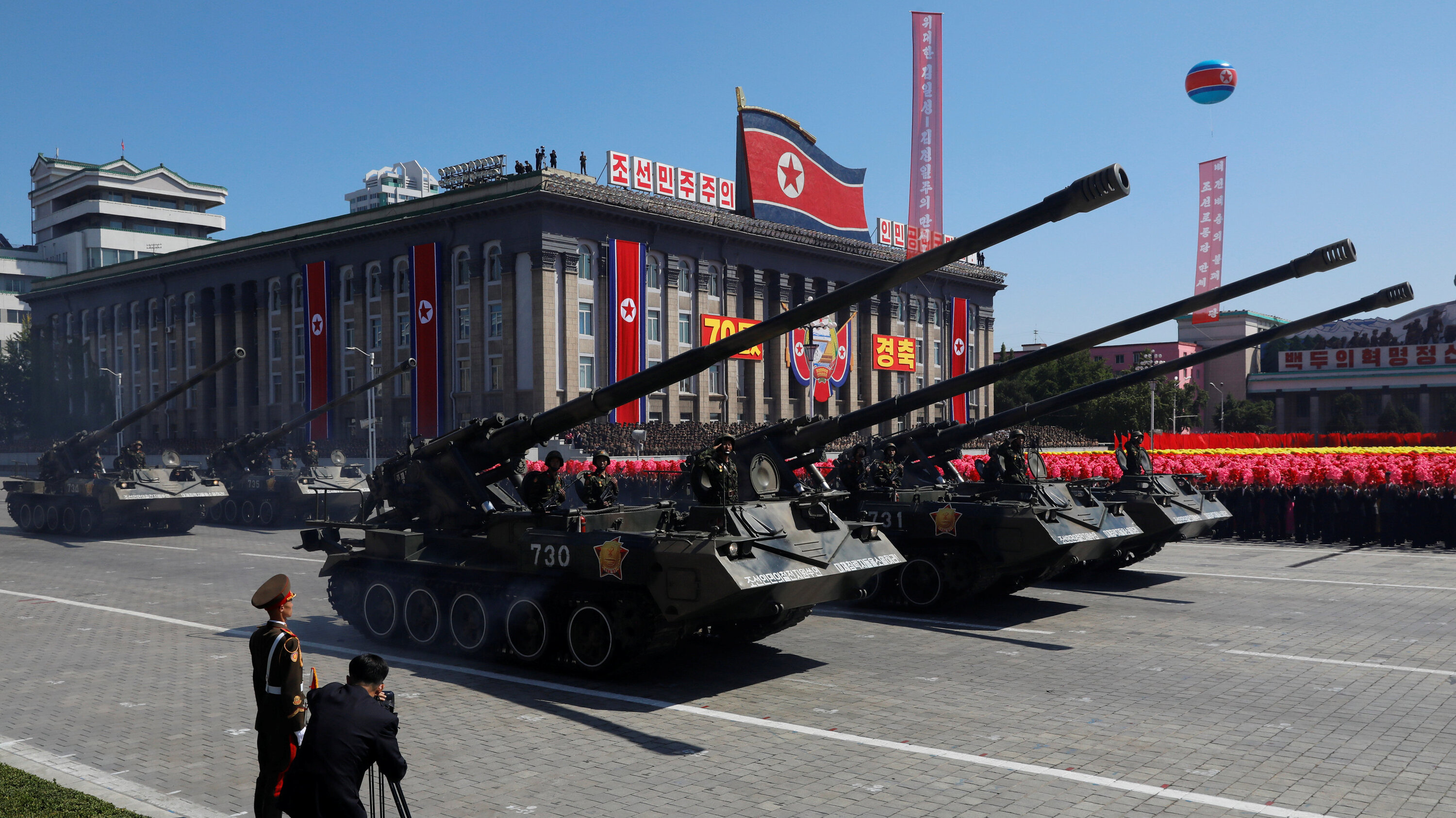
Food Crisis
North Korea is currently facing its worst food crisis since the devastating famine of the 1990s that killed hundreds of thousands of people, experts say.
But they do not expect a repeat of the mass starvation that plagued the country under Kim Jong-un’s father and grandfather.
The North Korean leader has recently announced plans to boost grain production and tighten state control over agriculture.
He also acknowledged the “hardship” of his people and urged them to overcome the difficulties caused by natural disasters, sanctions, and the pandemic.
The country’s food situation has deteriorated sharply in the past year as trade with China, its main economic lifeline, collapsed amid border closures and lockdowns.
The United Nations and South Korean authorities estimate that North Korea faces a food shortfall of about 1.3 million tons this year, which could leave millions of people hungry.
Lucas Rengifo-Keller, a research analyst at the Peterson Institute for International Economics, said that trade data and satellite imagery showed that food supplies were below the minimum level required for human survival.
He added that the country had limited options to import food or receive aid from abroad. However, experts also said that North Korea had learned some lessons from the 1990s famine, which was triggered by the collapse of Soviet aid, mismanagement, and natural disasters.
The official death toll from that period is unknown, but some estimates range from 600,000 to 3 million people.
Nowadays, North Korea says that it has diversified its agriculture, improved its infrastructure, and stockpiled some food reserves to cope with emergencies.
The regime is also tightening its grip on society and information to prevent social unrest and defections.
Weaponizing Russia
North Korea has dismissed allegations that it has been providing weapons to Russia, calling them “baseless and fabricated.” The denial came after a senior U.S. official accused Pyongyang of supporting Moscow’s military needs amid growing tensions with the West.
The official Korean Central News Agency, the North’s state-run media outlet, issued a statement in September saying that the country “has never sold any arms to Russia and has no intention to do so.” The statement also criticized the U.S. for spreading “false rumors” to justify its hostile policies against North Korea.
Russia’s ambassador to the United Nations, Vasily Nebenzya, echoed North Korea’s position, saying that all reports of his country receiving ammunition from Pyongyang were false.
He spoke in response to John Kirby, the National Security Council’s strategic communications coordinator, who said in November that the alleged arms deals “show not only North Korea’s willingness to continue backing Russia, but also Russia’s defense gaps and weaknesses.”
Experts say that North Korea’s weapons exports to Russia mainly consist of artillery shells and short- and medium-range missiles that are compatible with Russian systems.
Bruce Klingner, a former deputy chief of the CIA’s Korea division and now a senior fellow at the Heritage Foundation, told Defense News that North Korea could supply Russia with 122 mm and 152 mm missiles, as well as multiple rocket launchers.
“These are munitions that North Korea is trying to replace with newer ones,” Klingner said.
Bruce Bennett, a defense analyst at the Rand Corporation, said that Pyongyang uses various methods to deliver its weapons “to keep the West guessing.” He told The Washington Post that North Korea could use air, sea, or land routes to smuggle its arms to Russia.
Ken Gause, a North Korea expert at the CNA Institute, said: “North Koreans have established deceptive arms export networks around the world that allow them to evade detection.” He said that the U.S. was closely monitoring North Korea’s activities, making the traditional Trans-Siberian route the least likely option for Pyongyang.


